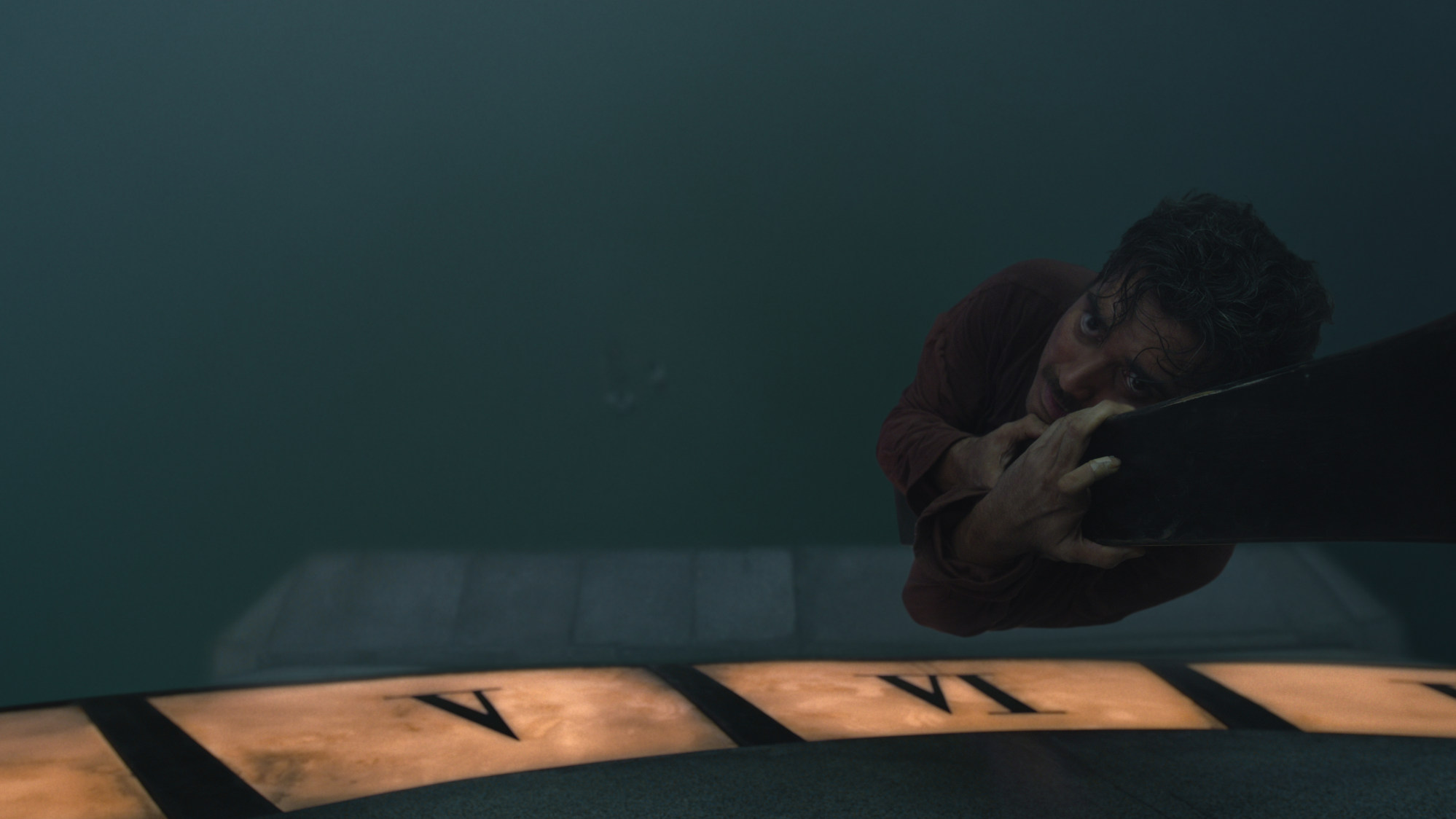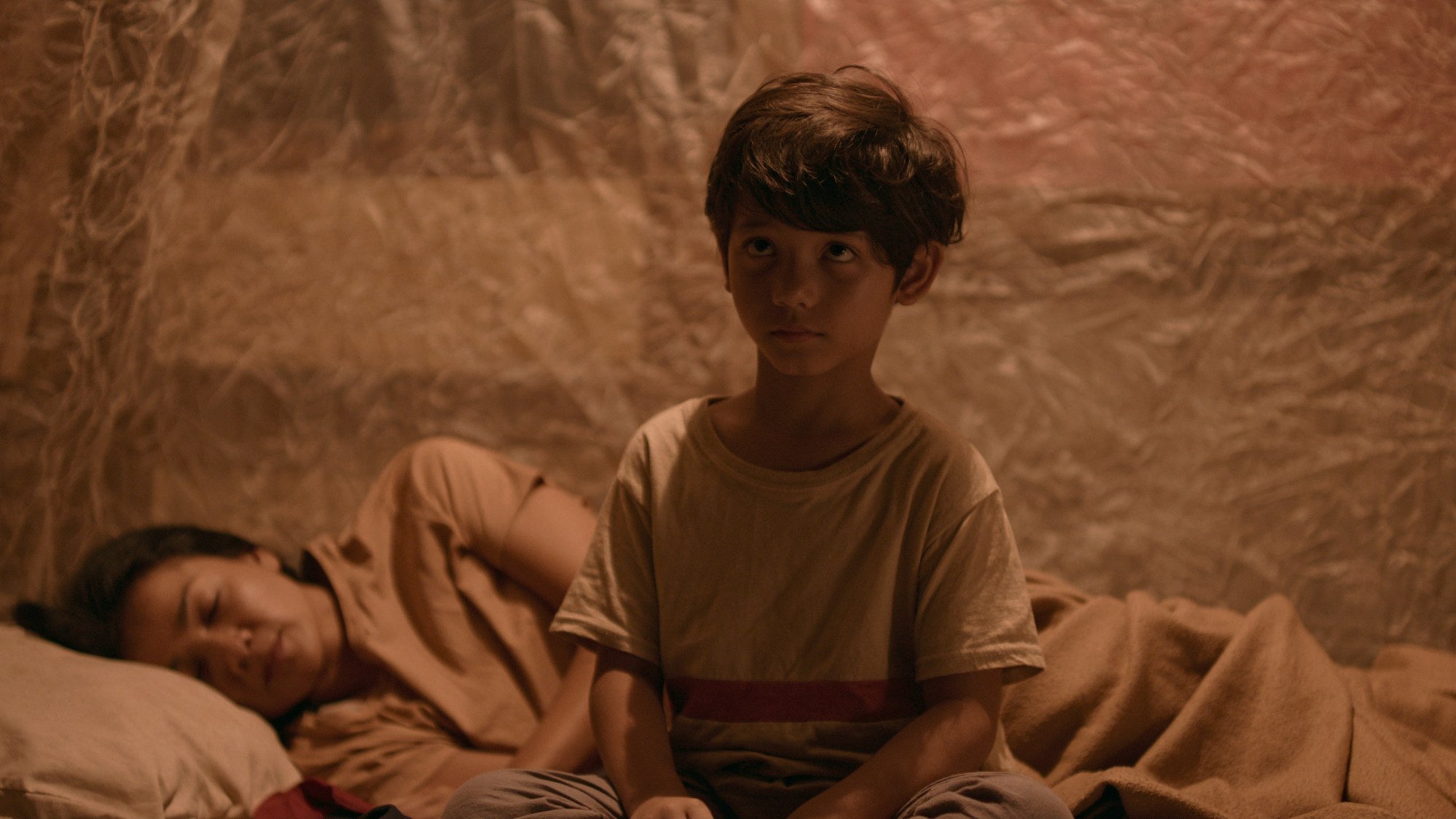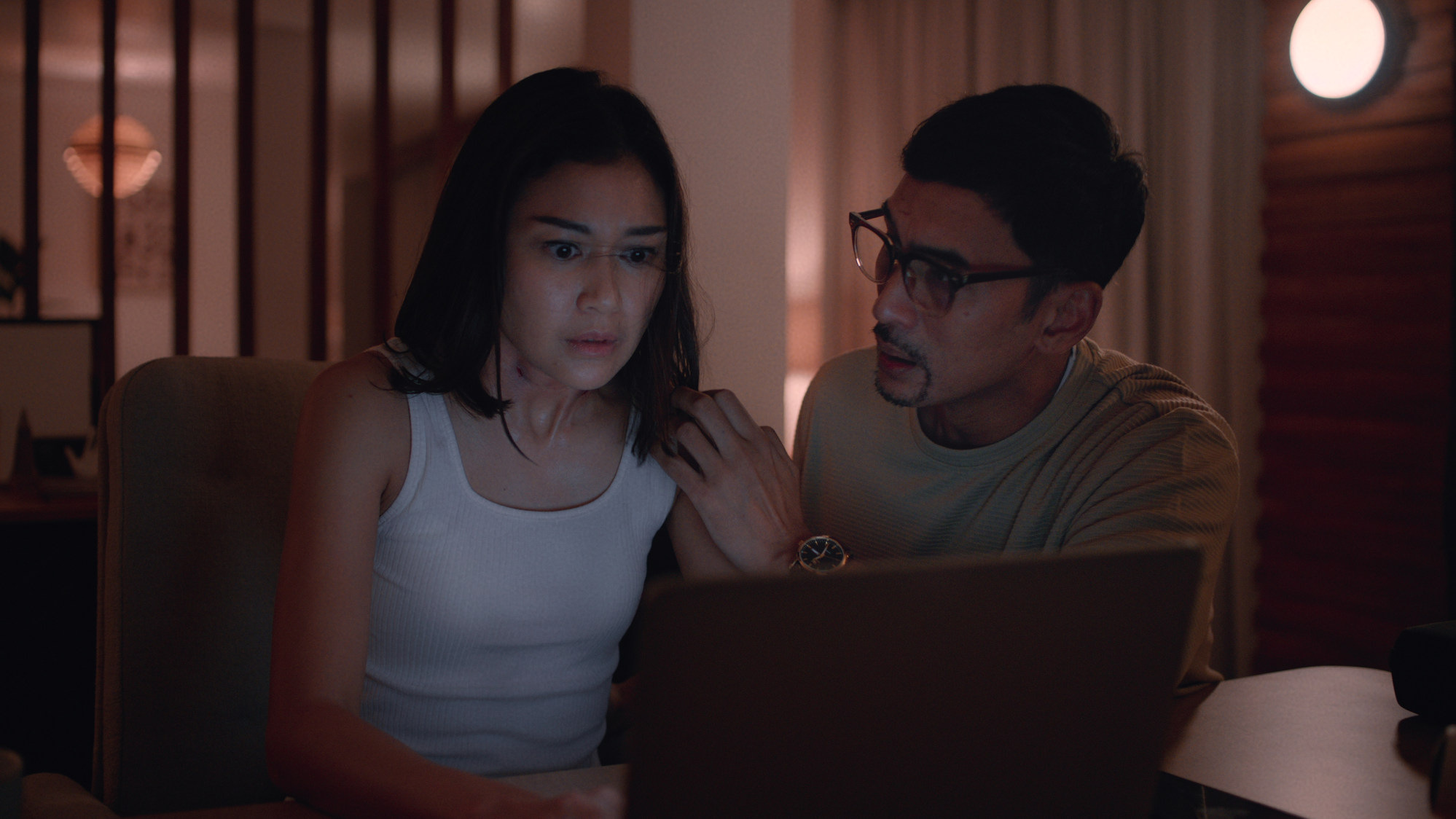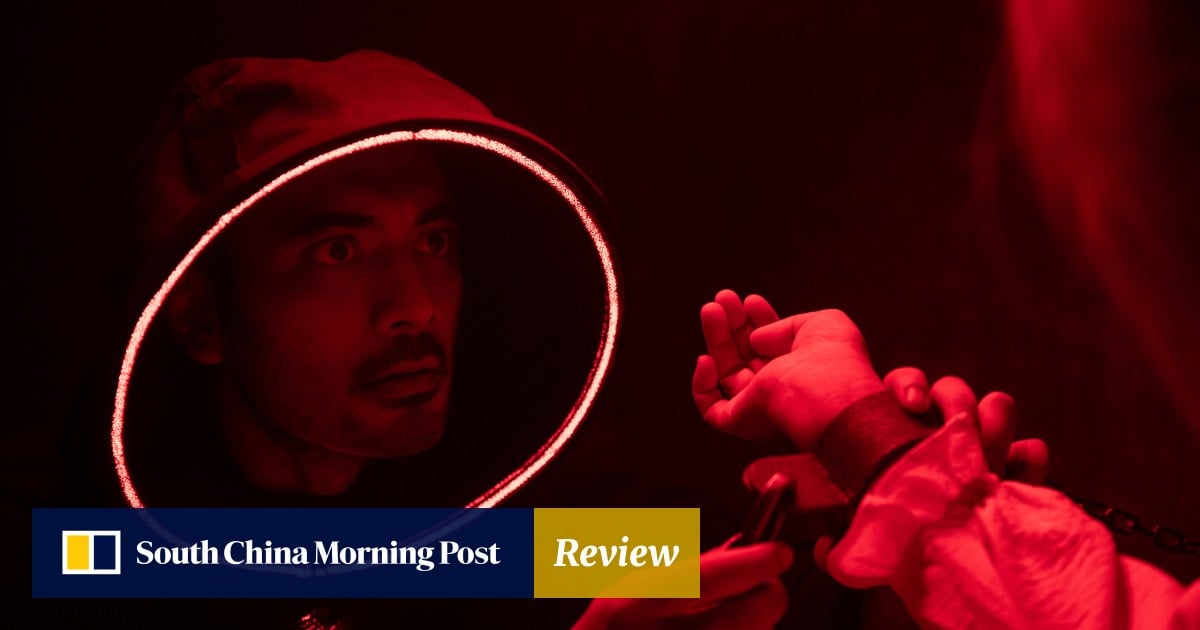Interweaving elements of horror and science fiction with more grounded stories about his country’s chequered past and enduring economic disparities, what emerges is significantly more than the sum of its parts.
On closer inspection, Joko has more up his sleeve than a simple collection of creepy stories, setting his sights on a far grander kind of world-building, more closely aligned to M. Night Shyamalan’s Unbreakable franchise, or perhaps even the Marvel Cinematic Universe.
Each episode of Nightmares and Daydreams appears to exist in its own self-contained narrative vacuum. They all share Jakarta as their central location, but unspool in different time periods, and focus on new characters.

The first – and longest – episode, “Old House”, sees a taxi driver (Ario Bayu) in 2015 reluctantly commit his elderly mother (Yati Surachman) to an exclusive nursing home in the country, only to become suspicious of the facility’s true intentions.
Episode two, “The Orphan”, relocates the action to the present day and sees an impoverished couple (played by Yoga Pratama and Nirina Zubir) living and working on a vast landfill site learn about a young orphan (Faqih Alaydrus) who wields the power to shower riches upon whoever adopts him.
The search for wealth becomes a ubiquitous motivation in the series, as seen in the furore that surrounds ownership of a photograph of an angel in “Encounter”, or the ramifications of using hypnotism to rob an unsuspecting housewife in “Hypnotized”.

In one of the most compelling episodes, “Poems and Pain”, Rania (Marissa Anita), a celebrated author, discovers she has the power to literally transport herself into the body of her own central protagonist.
It is a potentially fortuitous gift, especially as she subconsciously transcribes pages and pages of compelling fiction during these episodes, except that her heroine is being held prisoner by a violent and abusive husband.
As the series unfolds, these seemingly unrelated incidents slowly begin to align. Subtle details are revealed that tease out connections that binds Joko’s characters together, not merely through living in a country that continues to wrestle with volatile political and economic upheaval, but through their individual experiences.
To go into the specifics of how Joko and fellow directors Tommy Dewo, Randolph Zaini and Ray Pakpahan weave their web through the series would detract from the pay-off.

Suffice to say that even in the show’s most socially conscious, politically minded moments, it never loses sight of its genre roots, and remains fully committed to delivering a thrilling exercise in mainstream entertainment, ably abetted by some of the biggest stars in Indonesian entertainment.
Joko’s influence is writ large across every frame, and stretches from the most obscure Indonesian offerings of yesteryear to the most prominent box office franchises of today.
Aliens and demons clash with freedom fighters and super-powered entities through space and time across alternating plains of reality, even as husbands and wives struggle to stay together, parents battle to provide for their children, and everyone strives to protect their own little corner of the world.
Digested piecemeal, episode by episode, Nightmares and Daydreams gives the appearance of an eclectic, modest, occasionally even wayward collection of tales, each infused with a diverting element of the fantastic.

When experienced in its entirety, however, the true scope of Joko’s vast tapestry of converging ideas and influences finally explodes into plain sight, as the show reaches its audacious climax with the bold proclamation that his audience truly ain’t seen nothing yet.
Joko Anwar’s Nightmares and Daydreams will start streaming on Netflix on June 14.

